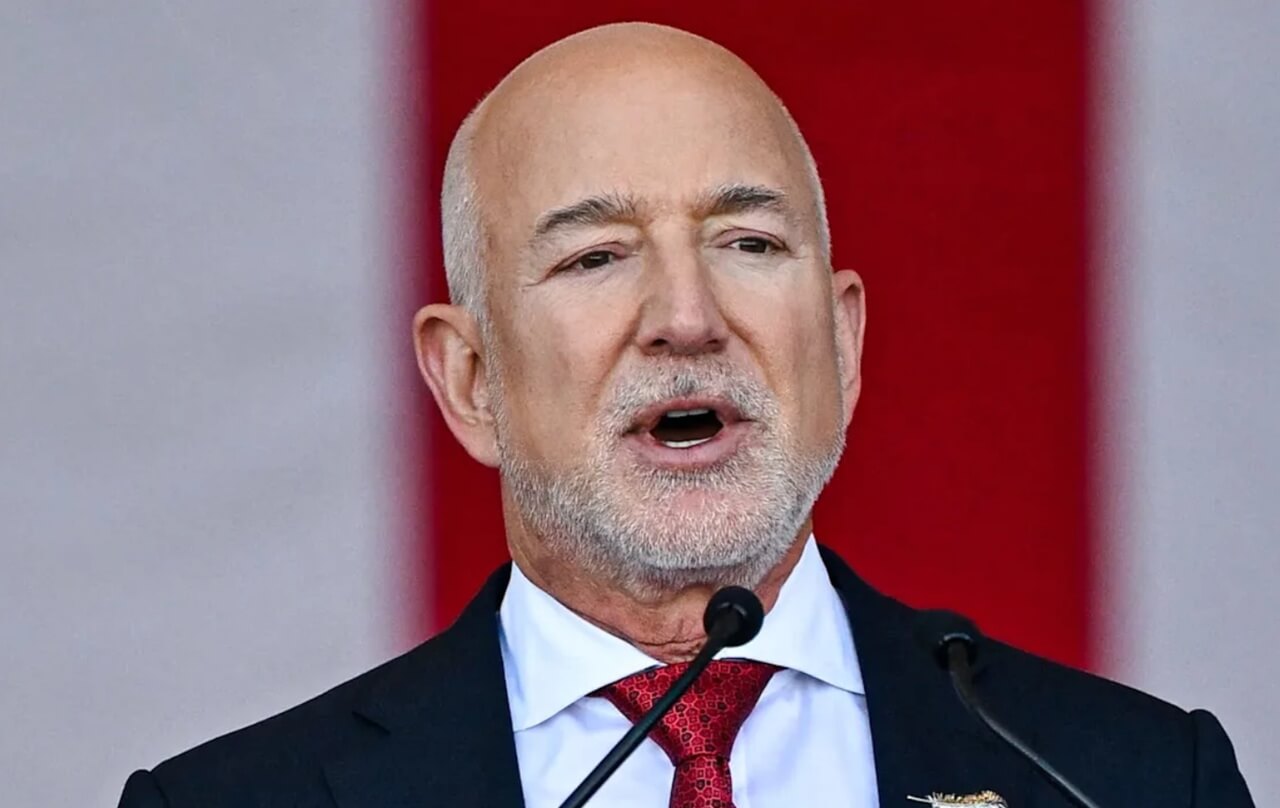Prof Ray McMahon, a distinguished histopathologist, died from an overdose of incorrect medication at Wythenshawe Hospital in Greater Manchester, following what the coroner described as a “cascade of errors.” The 68-year-old passed away in the intensive care unit after being admitted in February with a chest infection. An inquest led by Acting Senior Coroner Zak Golombeck confirmed that negligence in medication administration directly contributed to his death. The incident has prompted formal apologies from hospital officials and renewed scrutiny of clinical safety protocols.
Incident Timeline and Medical Details
Prof McMahon was admitted to Wythenshawe Hospital in February 2025 after experiencing symptoms including a low-grade fever and reduced appetite. On February 18, he was transferred to the acute intensive care unit for enhanced support.
A consultant recommended liposomal amphotericin for a suspected fungal respiratory infection. However, due to a critical error, the hospital pharmacy dispensed non-lipid amphotericin (Fungizone) — a drug requiring refrigeration and known for its toxicity. The correct formulation was stored at room temperature and was not administered.
The overdose led to a cardiac arrest, and despite resuscitation efforts, Prof McMahon died. The error was only acknowledged the day after his passing.
Official Statements and Family Reactions
During the inquest, Dr Katherine Ajdukiewicz, representing Manchester University NHS Foundation Trust, admitted that a series of mistakes led to McMahon’s death. Dr Sohail Munshi, the trust’s joint chief medical officer, issued a public apology: “Our care has fallen short of the high standards to which we aspire.”
Prof McMahon’s daughter, Aoife, expressed deep disappointment: “My father was failed by the hospital.” His wife, Claire, added: “Ray devoted his whole life to the NHS but, as a patient, he was failed by Wythenshawe Hospital.”
Impact on NHS Trust and Clinical Oversight
The incident has raised serious concerns about medication safety and internal communication within the trust. The coroner’s conclusion of neglect underscores the need for systemic reform.
Dr Munshi confirmed that a thorough investigation has been conducted and that the trust will carefully consider the coroner’s findings. He also paid tribute to Prof McMahon’s legacy, noting his contributions to pathology and medical education.
Prof McMahon was serving as President of the International Academy of Pathology at the time of his death and was widely respected in the medical community.
What’s Next for the Trust and Oversight Bodies
Manchester University NHS Foundation Trust is expected to publish a formal response and outline corrective measures in the coming weeks. The Care Quality Commission (CQC) may also initiate a review of pharmacy protocols and ICU procedures.
Medical safety advocates are calling for improved training and clearer labeling of high-risk medications. The incident is likely to influence future policy on drug administration and hospital accountability.













